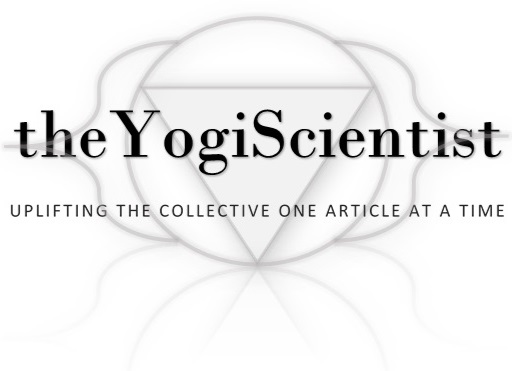How to Recalibrate Your Samskara
“A seemingly simple and taken-for-granted sight or thought is actually the result of an extremely complex and remarkable cascading of causes reaching back to the origins of the nervous system, life, and the universe itself.”
Samskara
Samskara can be defined as the concept of imprints or patterns left in the mind by your past experiences that guide your present actions.
Regardless of religious or personal beliefs, we can all attest to witnessing our own behavioral thought patterns. These patterns of thought are embedded into the memory power house of the brain from the very first signs of social cognition as an infant and continue to develop as we flower into adulthood and beyond.
Before you can fully mentally assess your environment, you mold your thought patterns to what is most familiar and that is generally how your family or parents react to the environment around them. In other words, you learn from their reactions to experiences and thus you begin to mold your own patterns of thought that become imprinted in your brain.
“The mind uses the brain to make the mind.”
You might be thinking, what on earth does that mean? When I am angry, something has set me off to be angry. When I am happy, something positive has occurred that has made me happy.
I think, therefore I am… right?
“There is a Buddhist teaching found in the Sallatha Sutra known as The Arrow. It says, if an arrow hits you, you will feel pain in that part of your body where the arrow hit; and then if a second arrow comes and strikes at the same spot, the pain will not only double, it will become at least ten times more intense. The unwelcome things that sometimes happen in life- being rejected, losing a valuable object, failing a test, getting injured in an accident- are analogous to the first arrow. All these things magnify the suffering.”
Well let’s say 15 notable events happen in your day.
Eight of them being positive- happy, 6 are neutral- no big deal, and one being negative or upsetting.
Fast forward a few weeks in the future- which are you more likely to remember in detail?
More than likely, you recall the negative experience.
The brain encodes learning from pain at a much faster rate than learning from pleasure.
It’s natural- we have learned to survive as a species when we’ve learned from our negative experiences. In turn, we encode quicker responses and thought patterns to the pain and suffering.
Reactive or Responsive?
As we go about our daily lives and become increasingly reactive to negative stimuli, we are in turn, shifting the baseline of our minds to become more reactive than responsive to our environment.
Let’s examine a scenario.
You wake up just feeling a bit off; you have this feeling that something bad is going to happen.
A plausible question to ask is, will this feeling ruin the rest of my day?
A better question to ask is, how will this feeling effect the rest of my day?
But, perhaps the more important question to ask- will I allow this feeling to affect the entirety of my day?
Is it the aftermath of cause and effect? Or, are you consciously choosing how to affect?
“Many times, the ultimate disaster we’re ruminating upon hasn’t even happened. We may worry, for example, that we have cancer and that we’re going to die soon. We don’t know, and our fear of the unknown makes the pain grow even bigger.
The second arrow may take the form of judgment (how could I have been so stupid?), fear (what if the pain doesn’t go away?), or anger (I hate that I’m in pain. I don’t deserve this!). We can quickly conjure up a hell realm of negativity in our minds that multiplies the stress of the actual event, by ten times or even more.
Part of the art of suffering well is learning not to magnify our pain by getting carried away in fear, anger, and despair. We build and maintain our energy reserves to handle the big sufferings; the little sufferings we can let go.”
Akarna Dhanurasana aka Archer Pose
“The brain is like an old-fashioned tape recorder rather than an IPOD: you must get the song playing in order to record it; an activated mental state is the basis of an installed neural trait.”
Recalibrating Your Samskara
Although we tend to over-learn from our negative thought patterns quicker than our positive ones, we can slowly begin to change our patterns by becoming an observer of our thoughts before deciding to react to them.
Ultimately, it is the choice to activate your positive mental state of being as often as possible in order to re-baseline the brain and change a Samskara.
This conscious choice that we make not only changes our gross brain structure, but also in turn, our inherent learned behaviors.
Even the smallest of positive thoughts linked together with intention can begin to make all the difference.
Do what that means to you in order to cultivate happiness and rewire your brain.
Instill it as a daily practice without judgement.
Once you begin to realize that you are more than your emotional reactions, you begin to truly know your Self.

